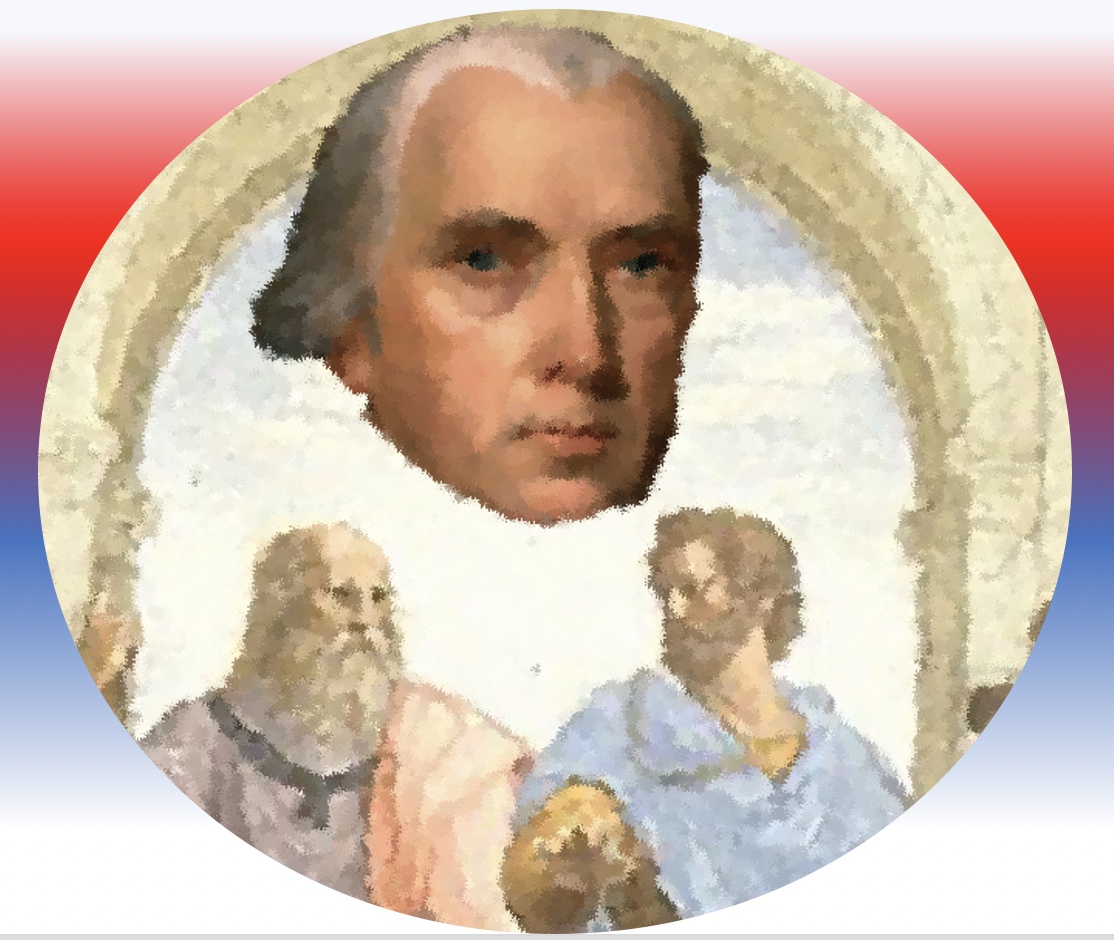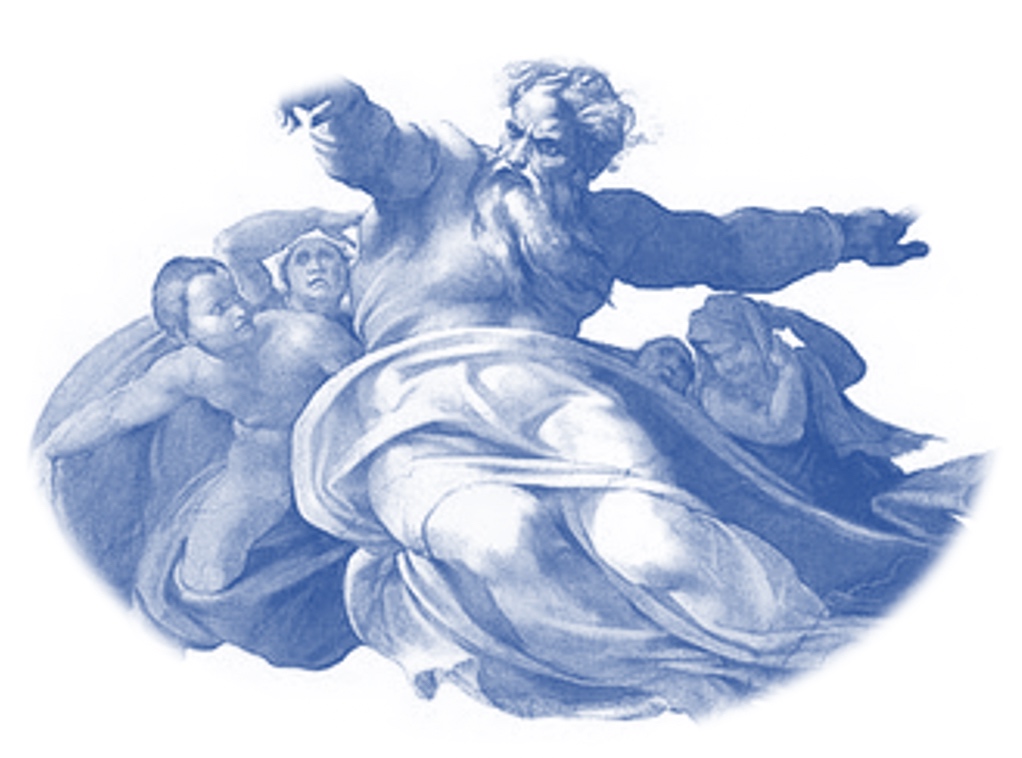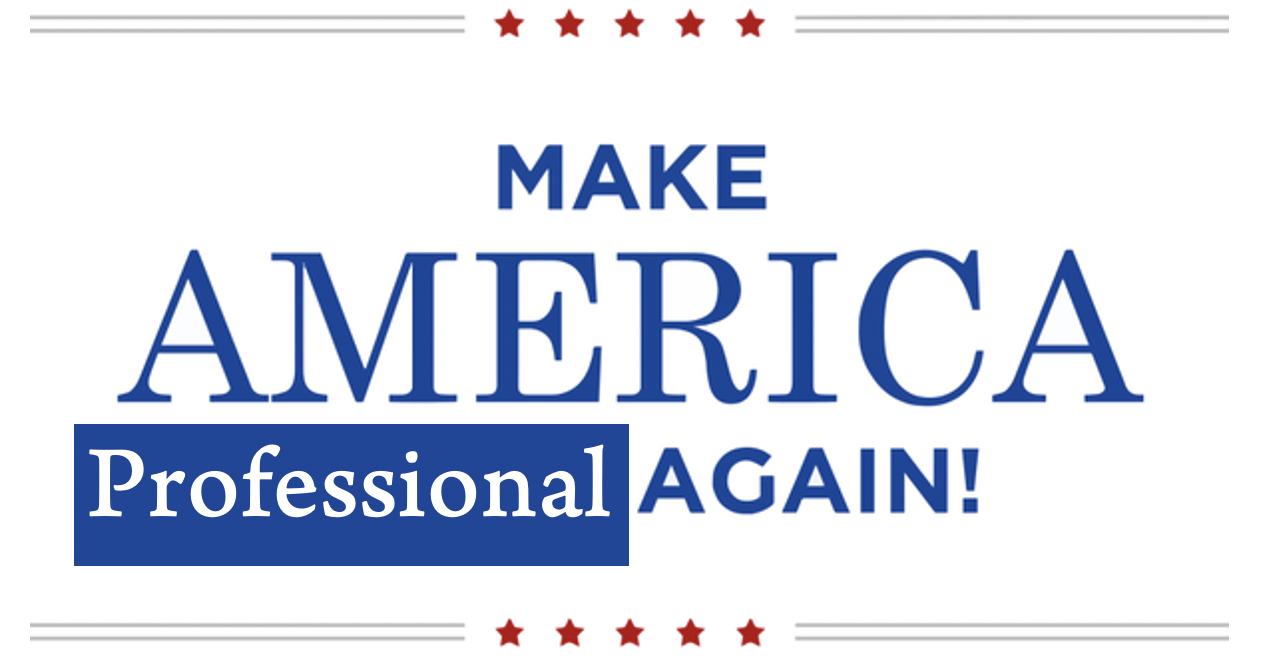The new Netflix film “Don’t Look Up” has a lot of people talking. It is a black comedy, starring Leonardo DiCaprio, Meryl Streep, and Jennifer Lawrence. It’s about corporate greed, bureaucratic incompetence, and the apocalypse. Its bleak conclusion gets you thinking about the dangers of power, narcissism, and willful ignorance.
The movie’s fans see it as a cautionary allegory about climate change, science denial, and clueless amateurs running the government. Some worry that its gloomy ending may encourage despair. Others hope it will be a call to action.
Reviews of the film reflect our polarization. Conservatives claim it is another example of Hollywood preaching a liberal gospel. One critic in the National Review suggested it is the worst film of 2021. He lambasted is as a “better-than-you comedy” that “reveals the nastiness of liberals.” Another critic in the Washington Examiner said it was a “lazy anti-Trump comedy.”
More subtle criticism came from New York Magazine, where a sympathetic commentator accused the film of oversimplifying the climate crisis. He said liberals “need to stop telling themselves self-flattering fairy tales.”
I suppose the point is that we are all in this together. Narcissism and stupidity cross party lines. Hollywood is part of the problem. The film seems to recognize this. It shows how the cult of celebrity corrupts everyone, even the neurotic scientist played by DiCaprio.
At any rate, this is an allegory, not a documentary. Allegories simplify reality. They tell memorable stories that get people talking. In this regard, the film succeeds. It provokes conversations about life, death, politics, and American culture.
This conversation should extend to the very idea of “looking up.” The film’s title calls to mind Plato’s famous “allegory of the cave.” In Plato story, we are prisoners chained in a cave. We are not permitted to turn around and see reality. Even when we are set free, most of us refuse to turn around. Plato suggests the masses would go so far as to kill truth-tellers and educators, who like Socrates are trying to get us to look up.
Plato’s allegory is about willful ignorance. Plato warns that most people don’t want to know the truth. We deliberately choose not to look up. We are happy with our illusions. We don’t want to confront reality. We keep our heads down, preferring slavery over enlightenment.
In the film, this idea becomes the slogan of the political party led by Streep’s character, President Orleans. The party encourages people not to look up at the comet hurtling toward earth. This is a parody of our culture’s struggle with science denial, “fake news,” and “alternative facts.” It also implies authoritarianism. “Don’t look up” also means “mind your own business” and don’t criticize the elites.
The philosophical solution to all of this is the pursuit of wisdom. We ought to look up. It won’t be easy or comfortable. We may discover things that confuse us or make us unhappy. But it is better to live in the light than in the darkness.
One of the questions raised by the film is whether you would want to know how and when you are going to die. The scientists in the film know the exact time of the apocalypse. And there is a supercomputer using big data to predict how people will die.
What would you do with this knowledge? Would knowledge of your death cause despair? Would you prefer to remain in ignorance about your death?
A modest hopeful appears toward the end of the film when DiCaprio’s character responds to knowledge of his death by changing his life. He refutes the computer’s prediction about his death, thereby reclaiming some modest dignity.
This is the kind of dignity that knowledge provides. When we look up and confront reality, we can take charge of how we live and how we die. To live in ignorance is to live as a prisoner. The truth sets us free.
Knowing the truth won’t change the indifferent reality of the cosmos. Knowing the truth won’t stop a comet or cure you of Covid. But knowledge allows us to live responsibly and, if necessary, to die with dignity. It is tempting in a crisis to bury our heads in the sand. But wisdom is only available to those who look up.





